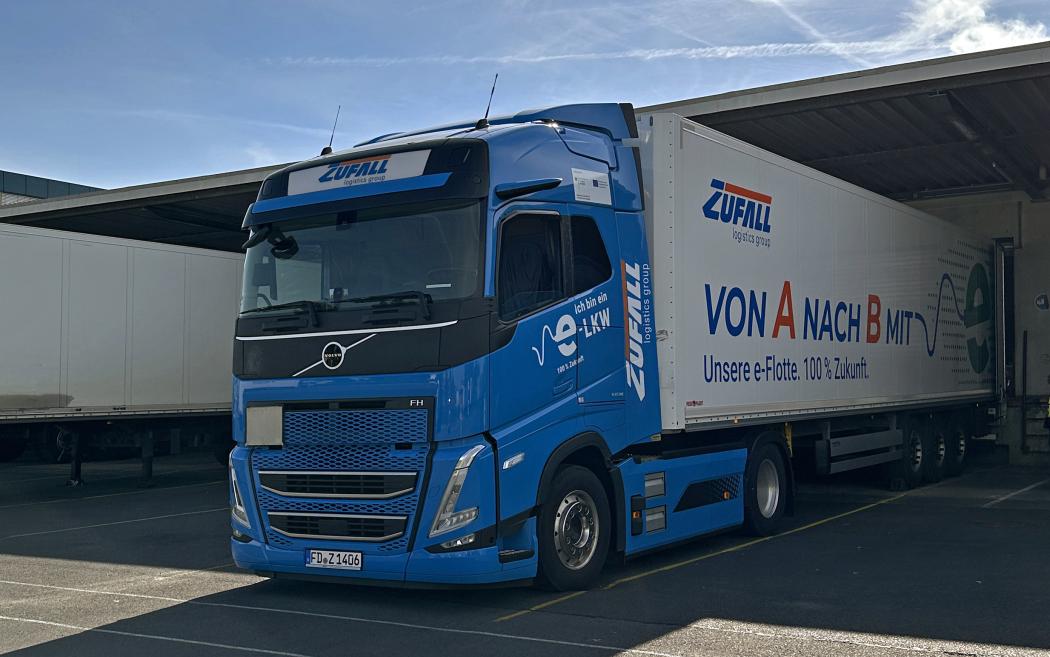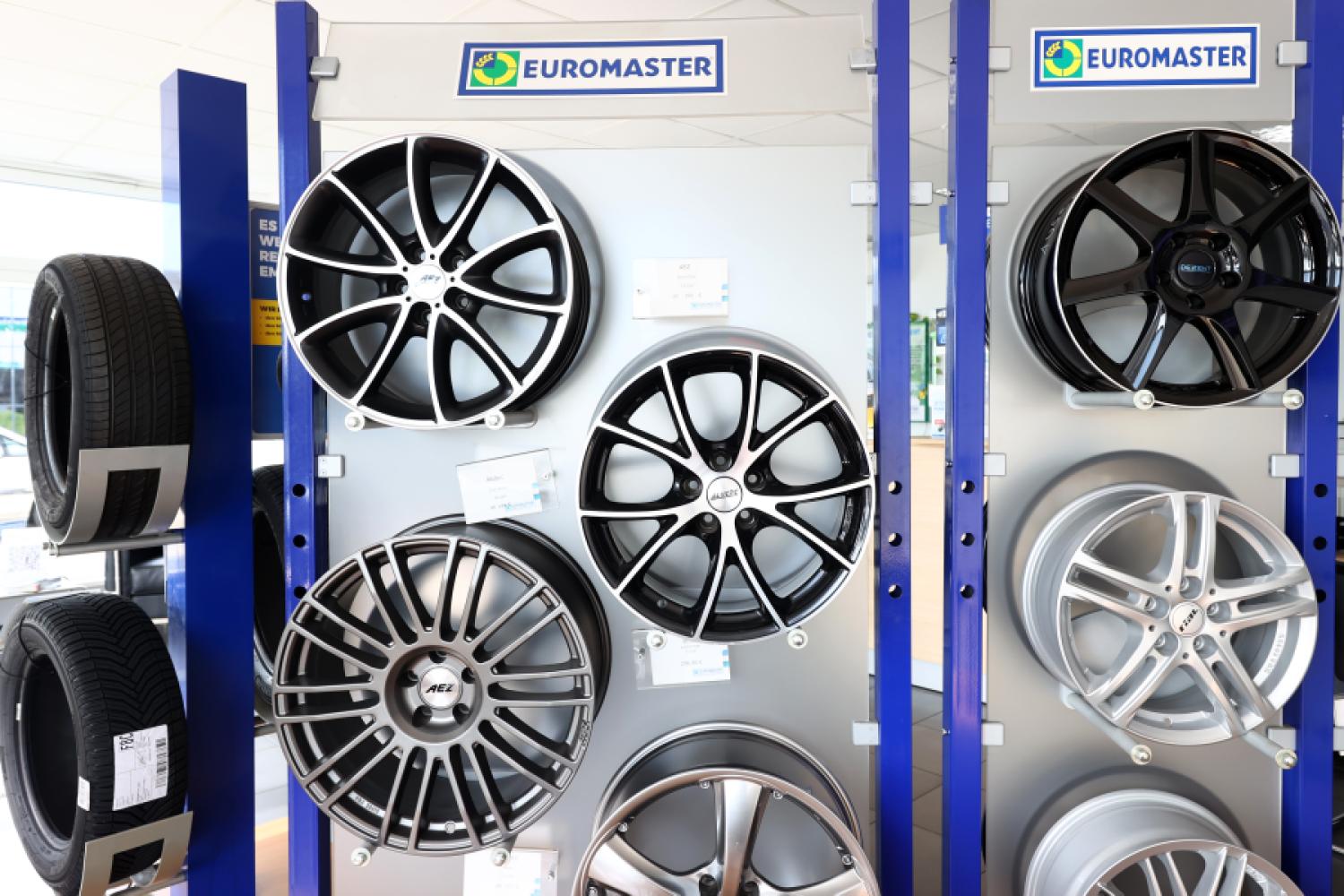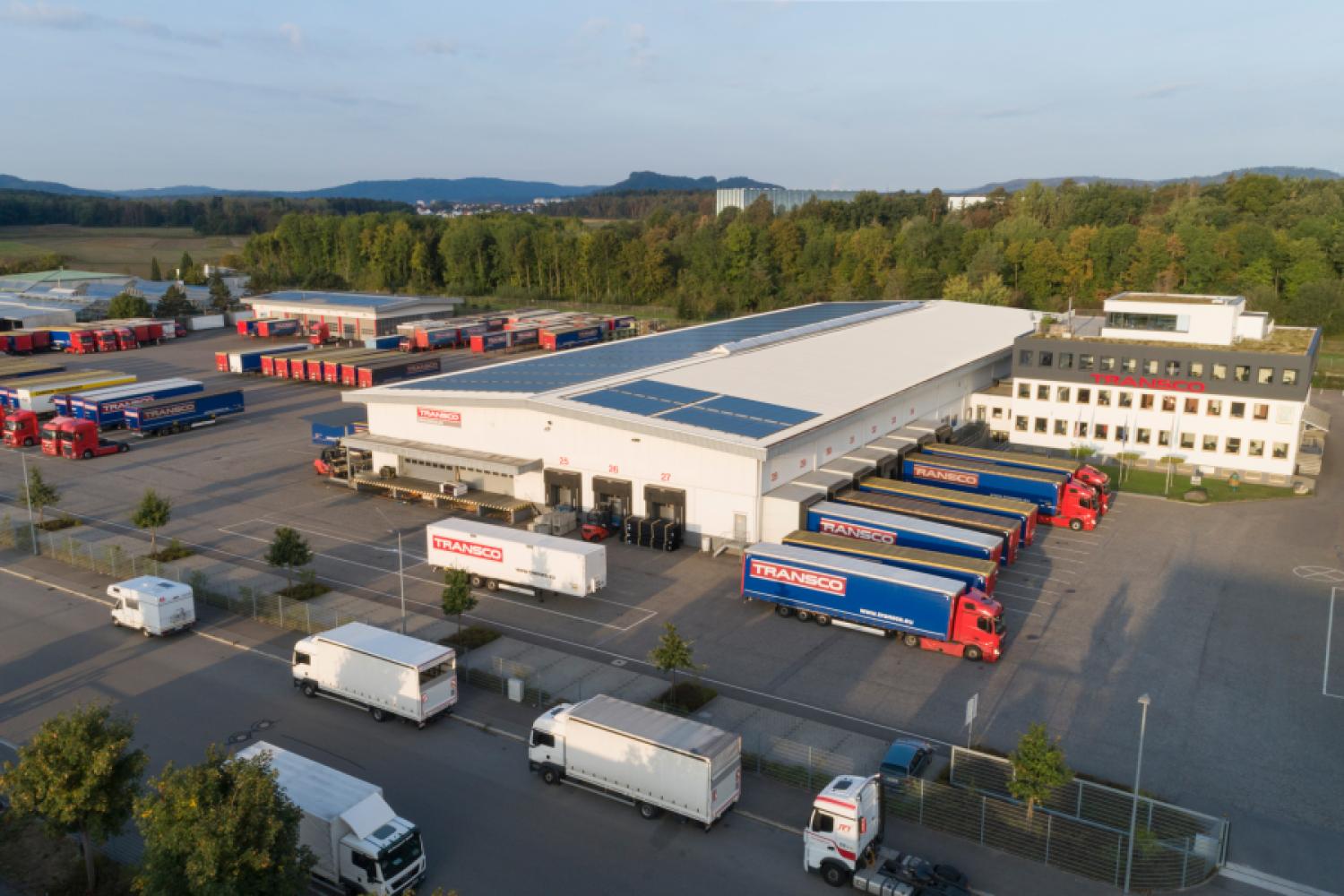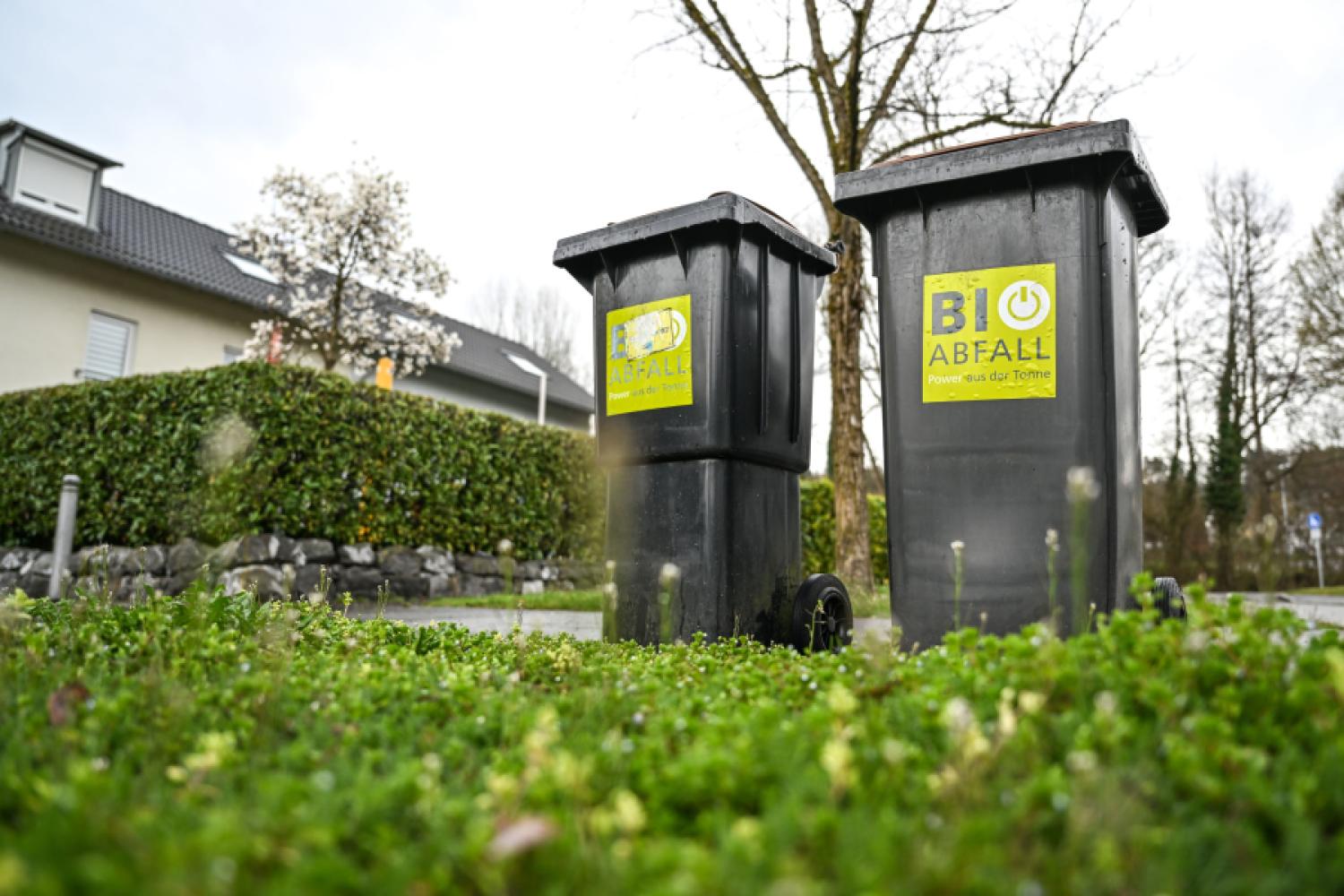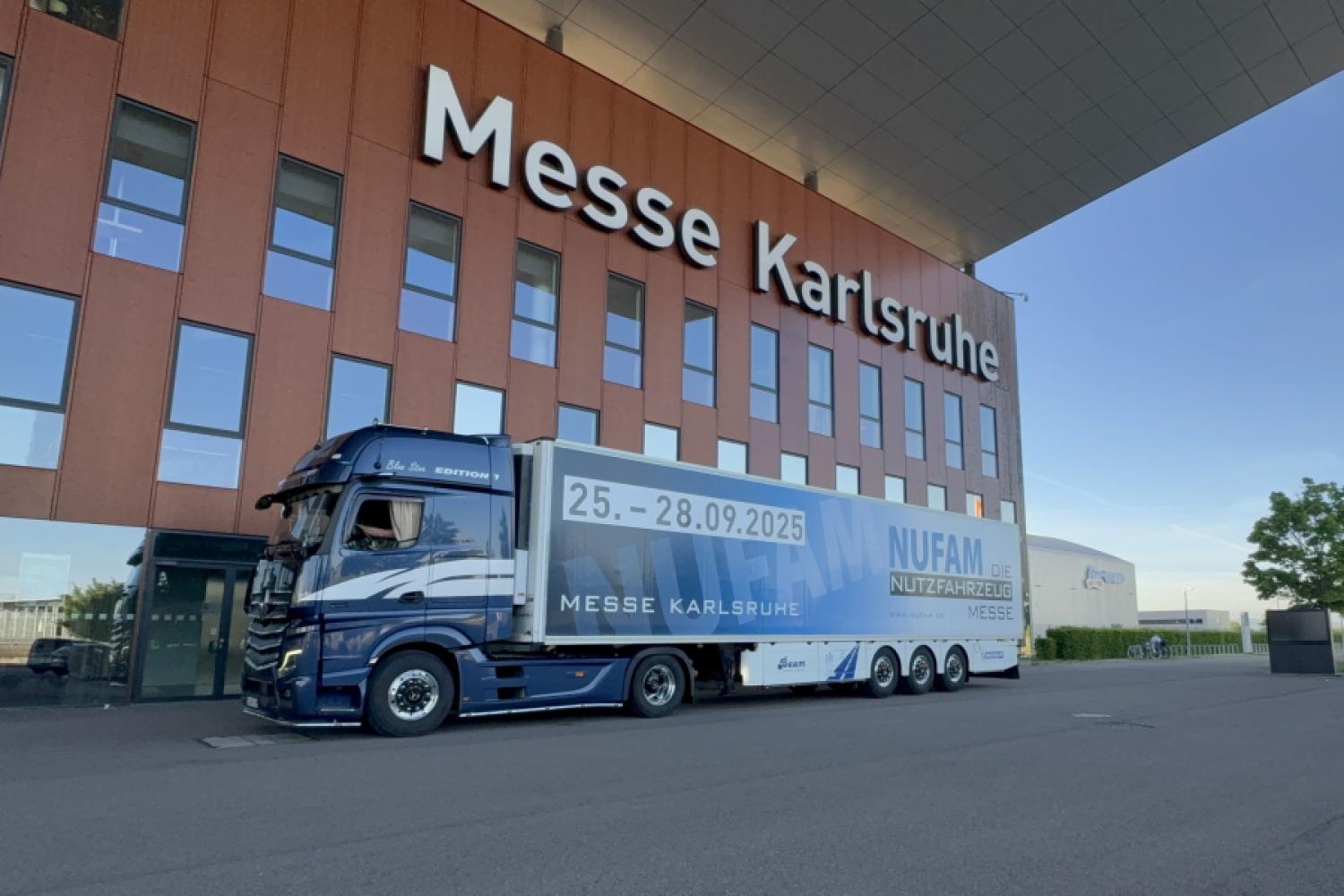The Zufall Logistics Group has introduced a new sustainable product, "Premium e," which enables emission-free transport of consolidated shipments within its local distribution area. The family-owned company from Göttingen relies on a self-built fleet of electric trucks and a powerful charging infrastructure at five locations. The goal is to establish CO2-free transport without compensation measures permanently—a further step towards sustainable logistics for future generations.
"Premium e is our first emission-free Zufall transport product. The trial phase in February was very successful, and we are pleased to roll out the product officially now," reports Mark Glörfeld, Project Manager for Climate-Friendly Transport.
The core of the new offering is the climate-friendly transport from pickup to delivery with battery-electric vehicles. The saved emissions are certified via the audited platform “shipzero.” Customers can use the data generated for their sustainability reports.
"With the new product Premium e, we have created a foundation in CO2-free transport for our customers and our networks. Thus, we take on a pioneering
role," says Stephan Erb, Product Manager for European Land Transport and Project Initiator.
Shipzero supports companies in bringing transparency to their transport emissions and building a reliable data basis for sustainable supply chains. The platform addresses key challenges such as incomplete data foundations, different reduction strategies, and complex networks. Through automated collection, cleaning, calculation, and analysis of transport data, Shipzero aims to make emission transparency a standard process. Companies like the Zufall Logistics Group use the audited solution to verifiably demonstrate CO2 savings and provide their customers with reliable data for their sustainability reporting.
Since the end of 2023, Zufall had already been using battery-electric vehicles in a pilot project. Today, the E-fleet comprises 16 trucks, accounting for over 20% of the entire vehicle fleet. The vehicles serve the general cargo locations Göttingen, Fulda, Eichenzell, Grammetal, and Haiger in a so-called night jump.
Power Supply from Renewable Energy
A key pillar of the initiative is the power supply from renewable energy. At a
total of 16 charging points spread across five locations, Zufall's vehicles have been refueling with certified green electricity for some time. According to the company, each E-truck used in this way saves around 30 tons of CO2 equivalents per year.
A considerable amount of planning and coordination was necessary for the required infrastructure. One of the biggest challenges was the access to the energy source of the future, which depends on the local power grid, says Nils Jagemann. Jagemann is responsible for the charging infrastructure at Zufall.
The company had to negotiate with four different grid operators to secure sufficient capacities in the medium-voltage grid. At larger locations such as Fulda and Göttingen, transformers with a capacity of 2,500 kilovolt-amperes were installed—with the potential for the future operation of up to 100 E-trucks per location.
At that time, the vehicle fleet consisted of seven distribution vehicles and tractor units per location. The vehicles used included types such as Mercedes-Benz eActros 300 and 400,
as well as Volvo E-tractor units with a range of up to 300 kilometers. The tour planning was adjusted accordingly.
More Than Emission-Free General Cargo Transport
With "Premium e," Zufall aims not only to offer emission-free general cargo transport but also to integrate CO2-reduced routes in the medium term. Furthermore, the company is working with partners in the NG.network as a shareholder on further sustainable transport solutions. NG.network specifically invests in data-driven scenario planning. Since 2021, the central network management has been expanded through comprehensive volume simulations as part of the "KI Predictive Analytics" project to enable proactive and robust control of general cargo traffic.
The Supply Chain Suite from Siemens Digital Logistics is available for this purpose, which was adapted to the specific requirements of NG.network in workshops. According to the network's own information, the underlying artificial intelligence was trained with historical data from 2016 to 2022 and validated in concrete application cases under real conditions before the software was permanently integrated.
